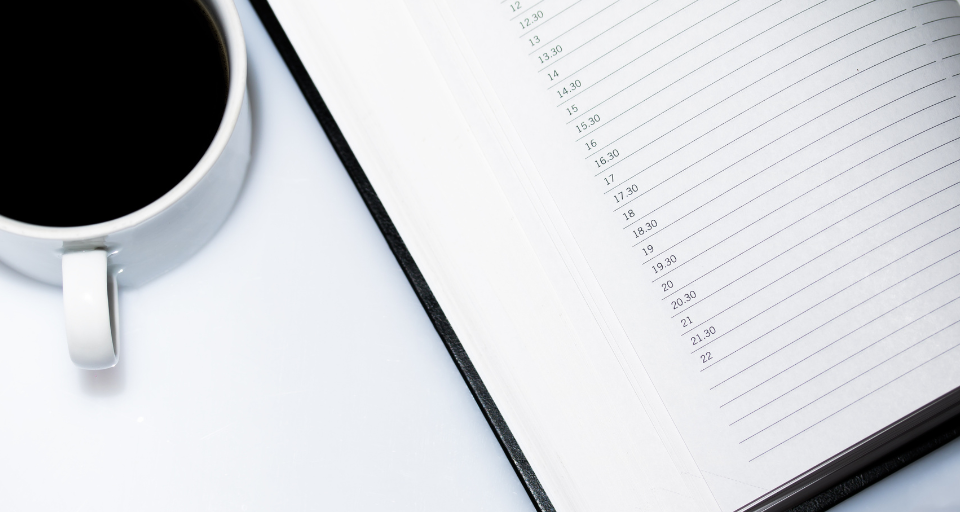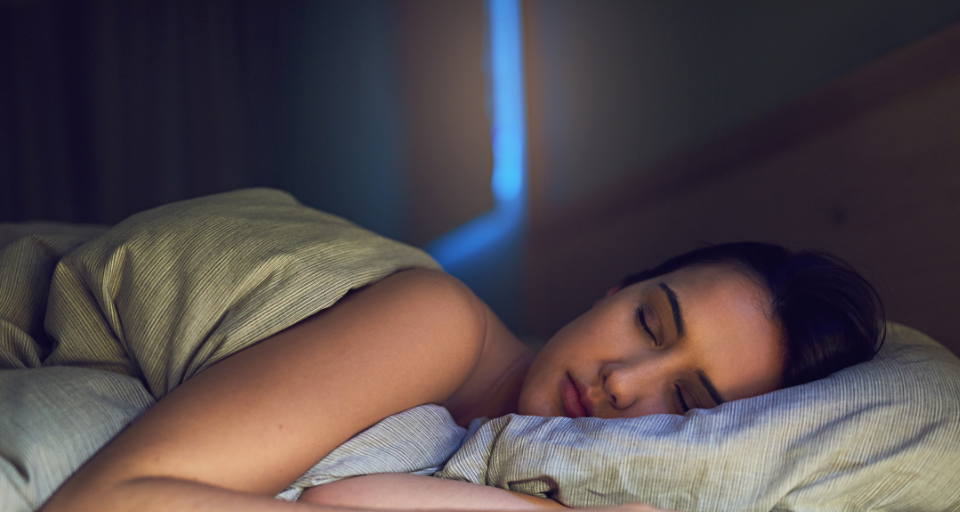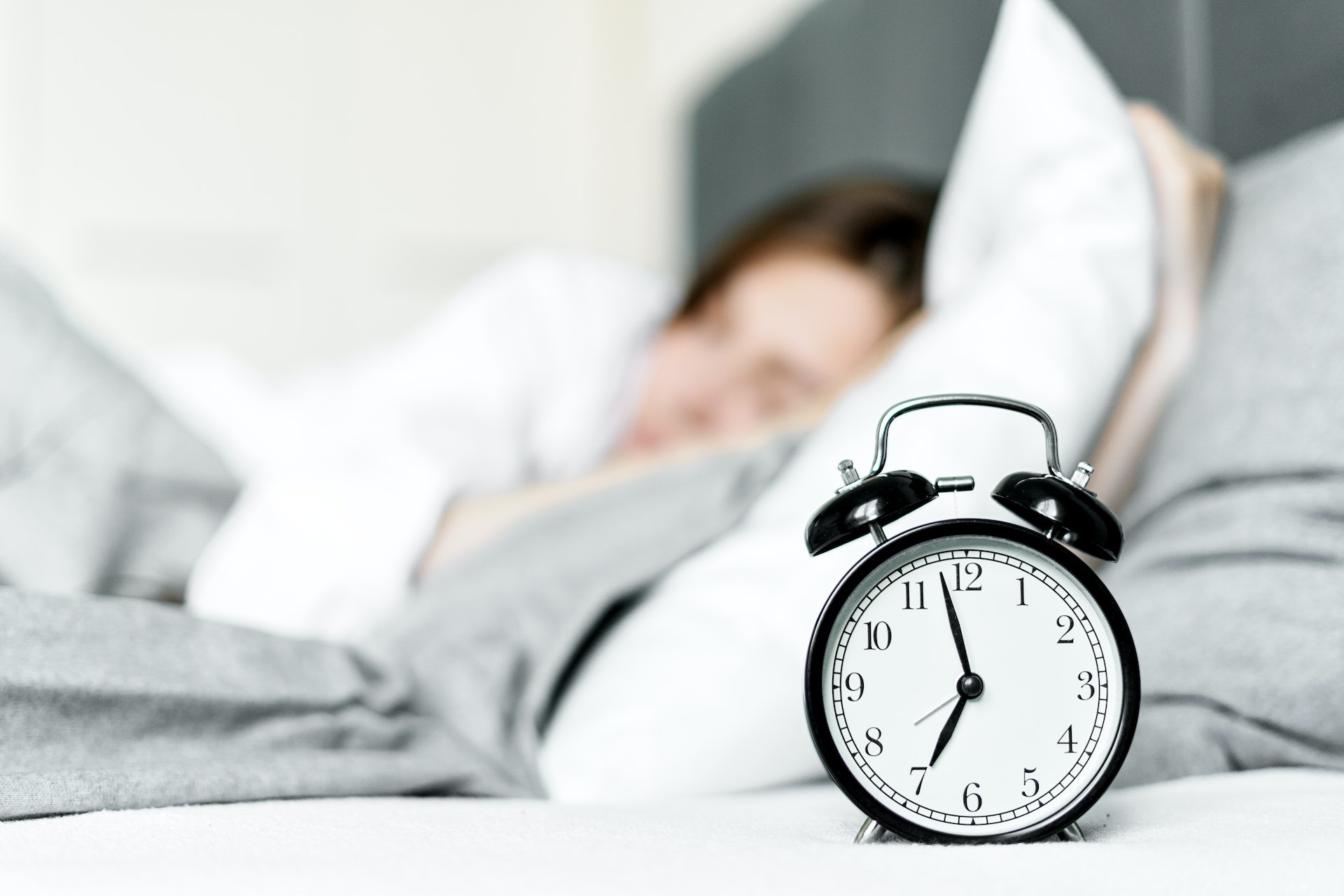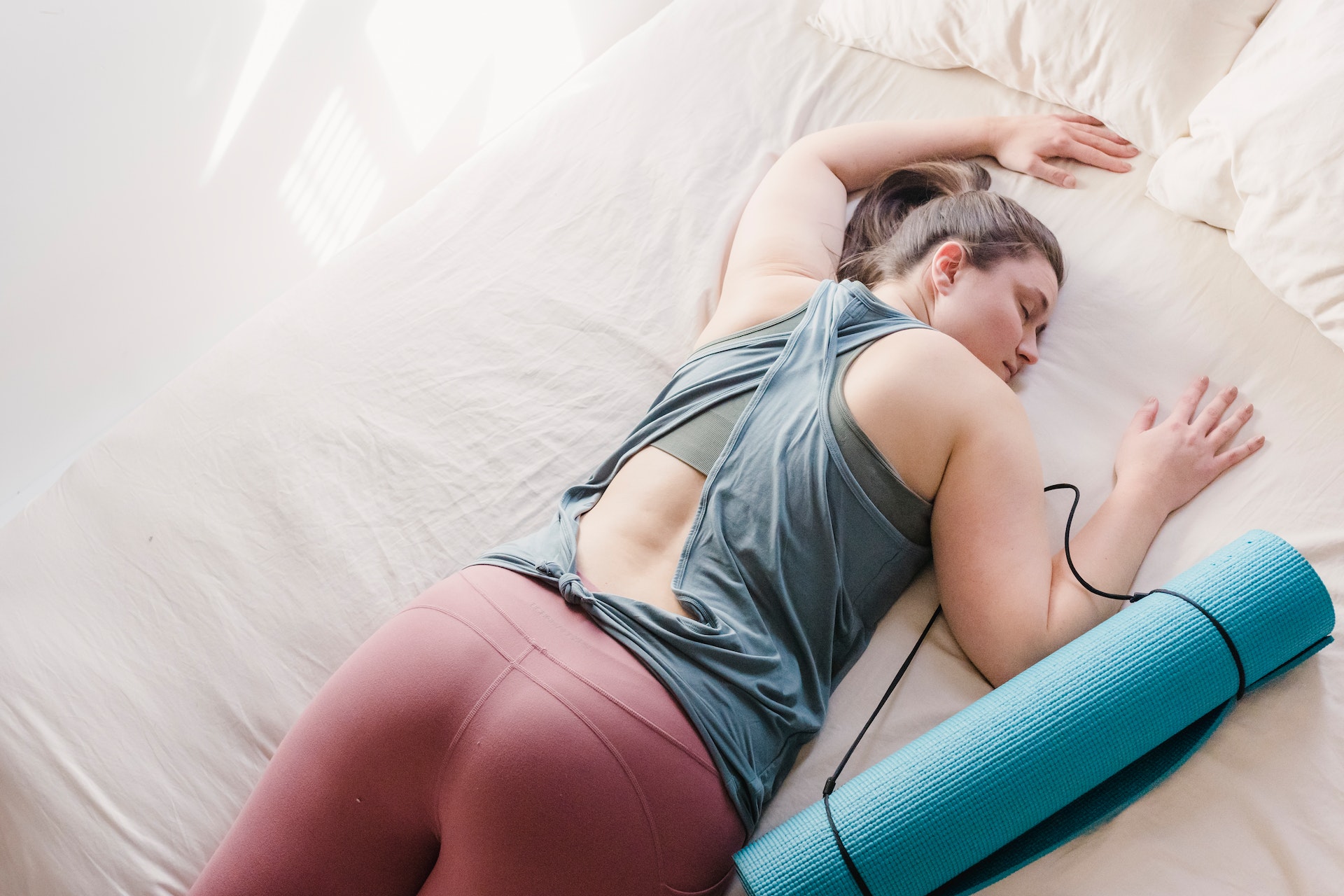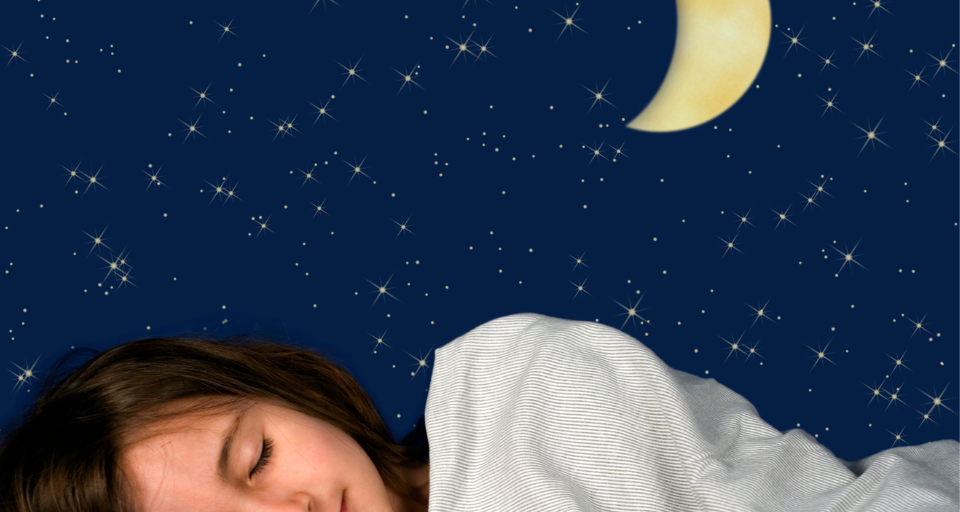How Dietary Supplements May Affect Sleep

Getting enough quality sleep is essential for overall health and wellbeing. Unfortunately, millions of people around the world struggle to get a good night’s rest. This can lead to exhaustion, increased stress levels and difficulty concentrating throughout the day. Fortunately, there are some natural remedies that may be able to help. One such option is dietary supplements. In this blog post, we will explore how dietary supplements may affect sleep and how they can be used as a beneficial part of your sleep routine. From melatonin to magnesium and more, read on to learn more about how you can use dietary supplements to maximize your ZZZs.
How Supplements may Affect Sleep
While most people think of supplements as vitamins or minerals that can be taken to improve overall health, some supplements may also affect sleep. For example, iron supplements can cause insomnia and magnesium supplements can cause drowsiness. If you are taking any supplements, it is important to talk to your doctor about how they may affect your sleep.
What dietary supplements should not be used before going to bed
There are many different types of dietary supplements on the market, and it is important to be aware of how they may affect your sleep. Some supplements, such as caffeine or green tea extract, can act as stimulants and should not be taken before bedtime. Other supplements, such as melatonin, can help to regulate sleep cycles and may be beneficial for those who have trouble sleeping. However, it is important to speak with a doctor or pharmacist before taking any type of supplement, as they can interact with other medications or have side effects.
What dietary supplements help improve sleep
There are many dietary supplements that claim to help improve sleep. However, there is limited scientific evidence to support these claims. Some of the most popular supplements for sleep include:
Melatonin: Melatonin is a hormone that helps regulate the body’s sleep-wake cycle. It is naturally produced by the body but can also be taken as a supplement. Melatonin supplements are often used to treat jet lag and insomnia.
Valerian Root: Valerian root is an herb that has been used for centuries to treat insomnia and anxiety. It is thought to work by increasing levels of gamma aminobutyric acid (GABA), a neurotransmitter that promotes relaxation.
Chamomile: Chamomile is a type of herb with calming properties. Chamomile tea has long been used as a natural remedy for insomnia. Chamomile supplements are also available in pill or capsule form.
Lavender: Lavender is a type of flower with soothing aromatherapy properties. Lavender oil can be diffused into the air or applied topically to the skin. It is also possible to take lavender orally in capsules or as a tea.
What dietary supplements give a lot of energy and harm rapid falling asleep
There are many dietary supplements that can give you energy, but some may also cause you to have trouble falling asleep. If you’re looking for a supplement that will help you stay awake and alert, caffeine is a good option. However, if you’re trying to sleep, it’s best to avoid supplements with caffeine or other stimulants.
Natural dietary supplements that will help you relax and fall asleep
Dietary supplements are substances that you can take to supplement your diet. They can be vitamins, minerals, herbs, or other plants. Some people use them to get more of the nutrients they need. Others use them to help with a health condition.
There are many dietary supplements that claim to help you sleep better. Some of these supplements contain ingredients that have been traditionally used to promote sleep, such as chamomile and valerian. Others contain ingredients that are thought to have a calming effect, such as magnesium or L-theanine.
It is important to remember that dietary supplements are not regulated by the Food and Drug Administration (FDA). This means that there is no guarantee that they are safe or effective. If you are considering taking a dietary supplement for sleep, it is important to talk to your doctor first.
Warning: this article does not constitute medical advice. The article contains the author’s personal opinion and personal conclusions and observations. If you have problems with sleep or are interested in other issues related to it, it is better to consult your doctor.

